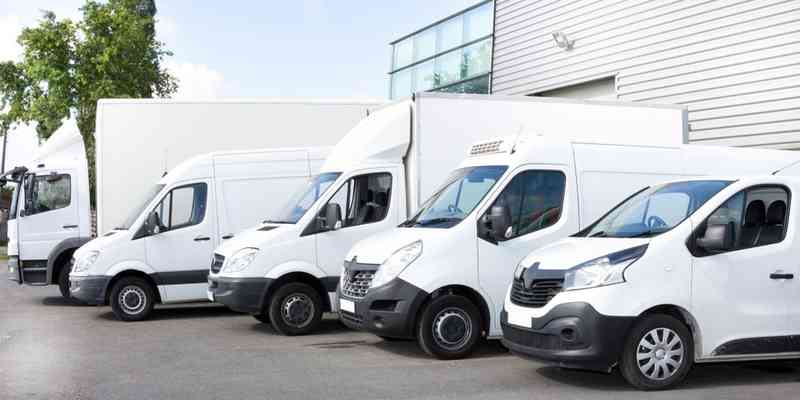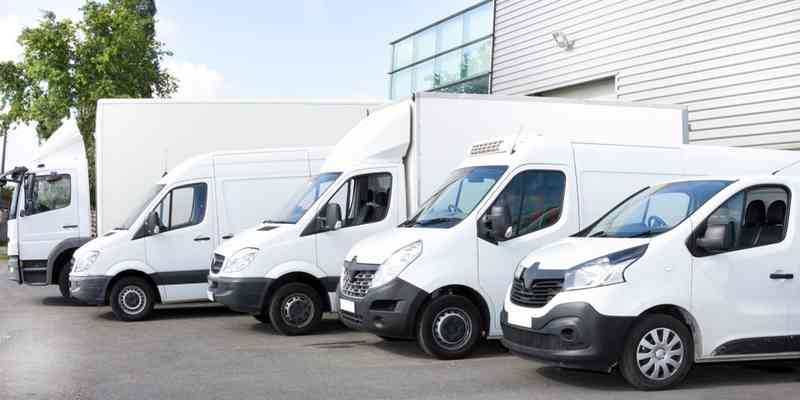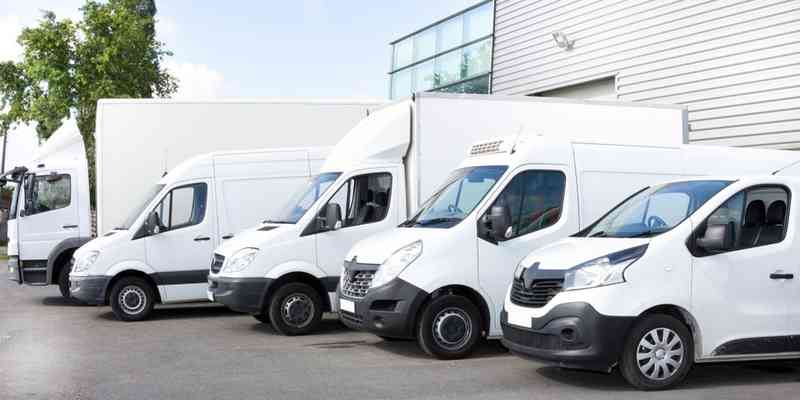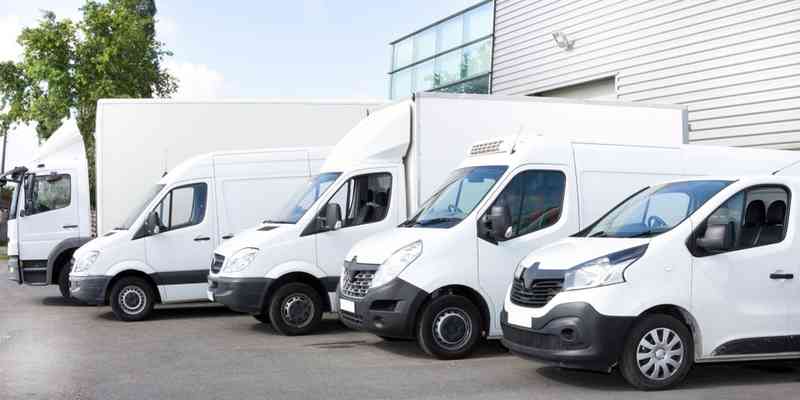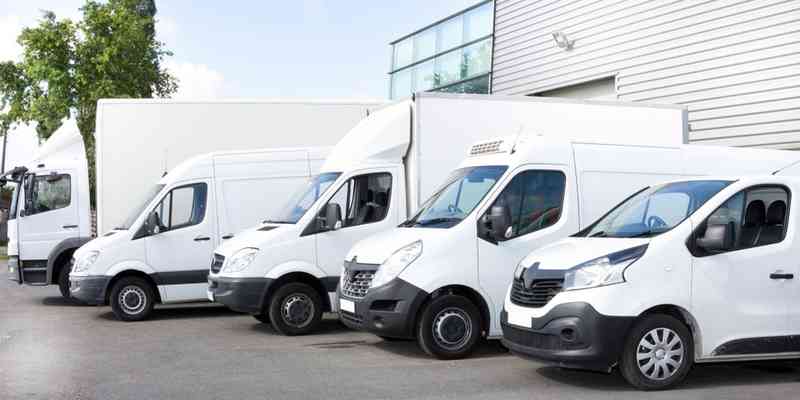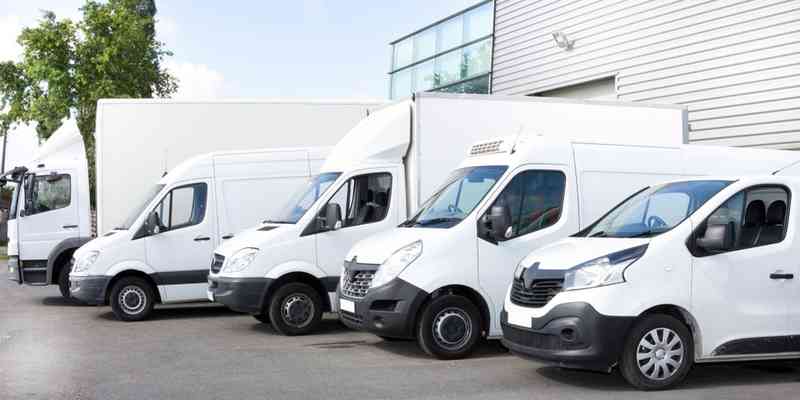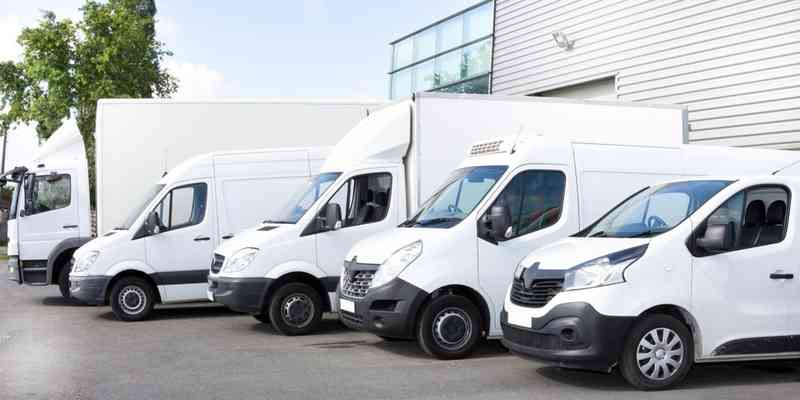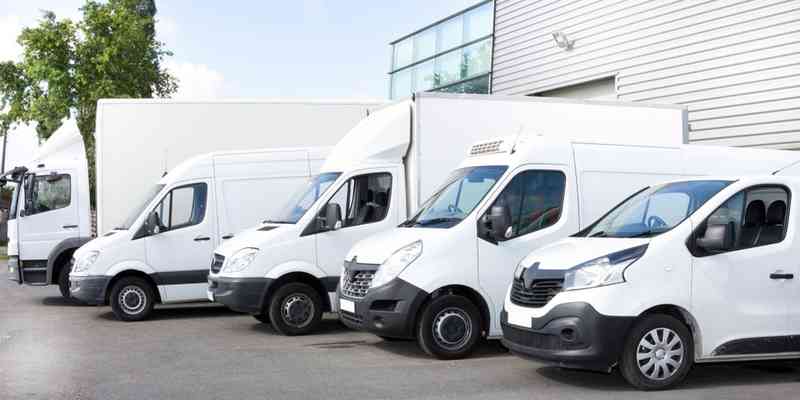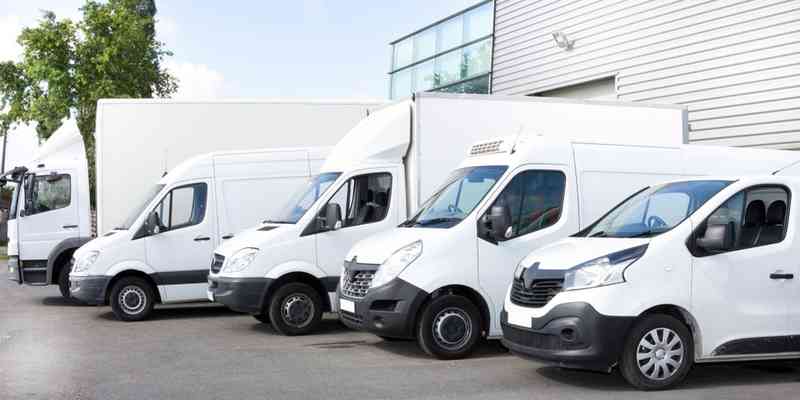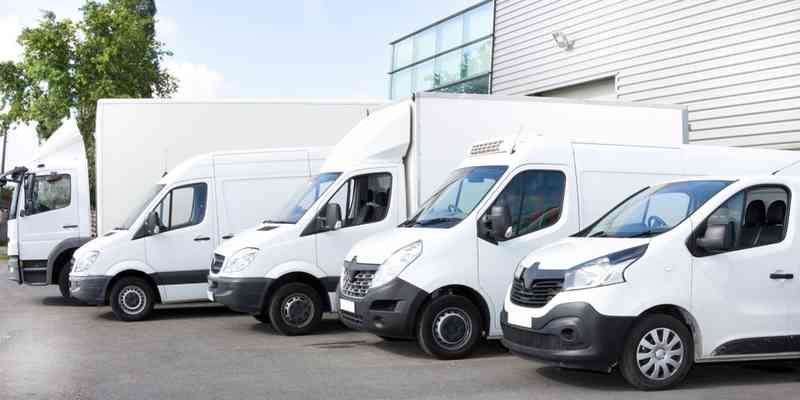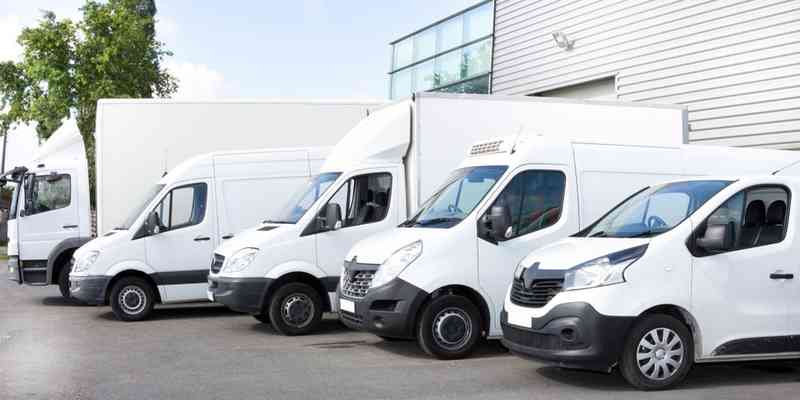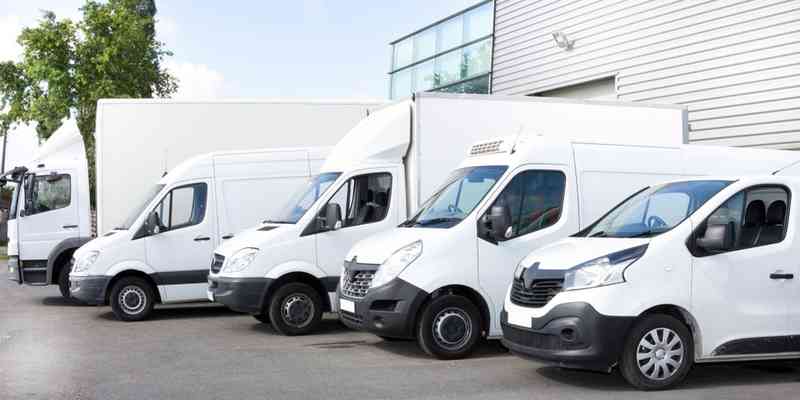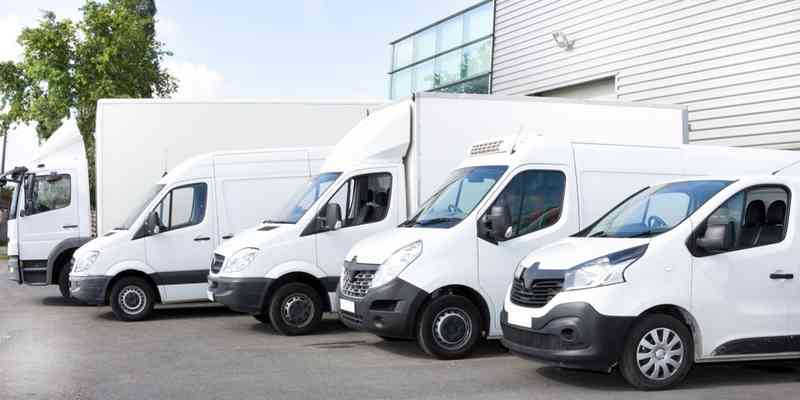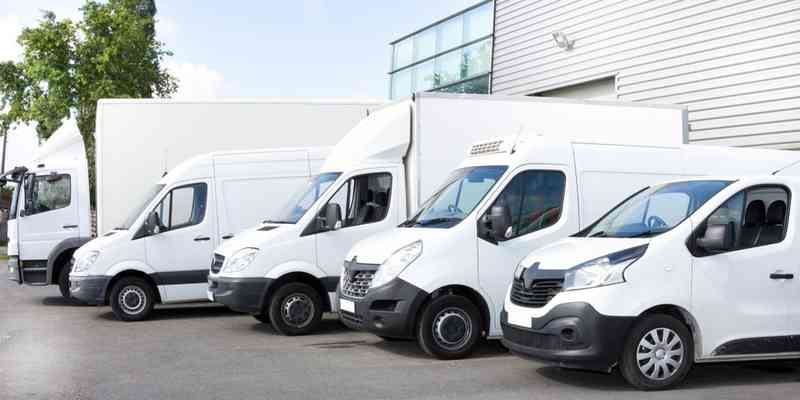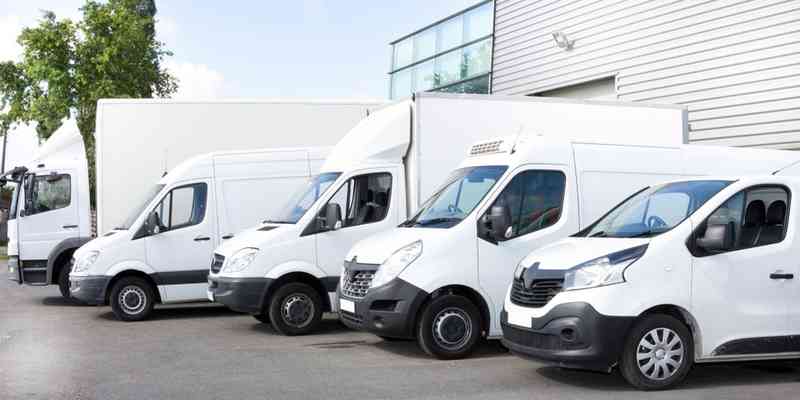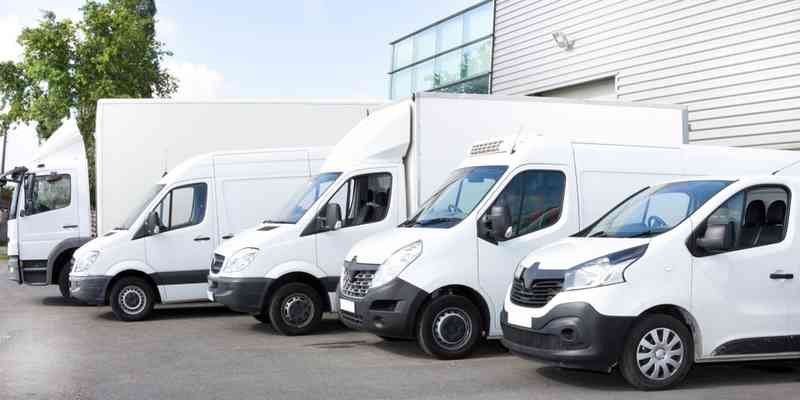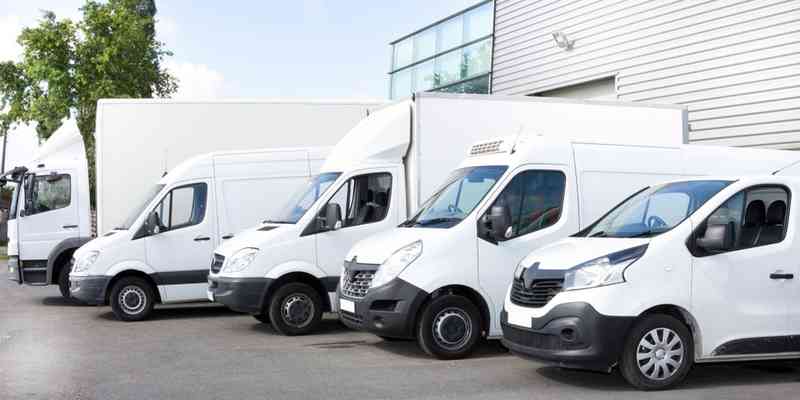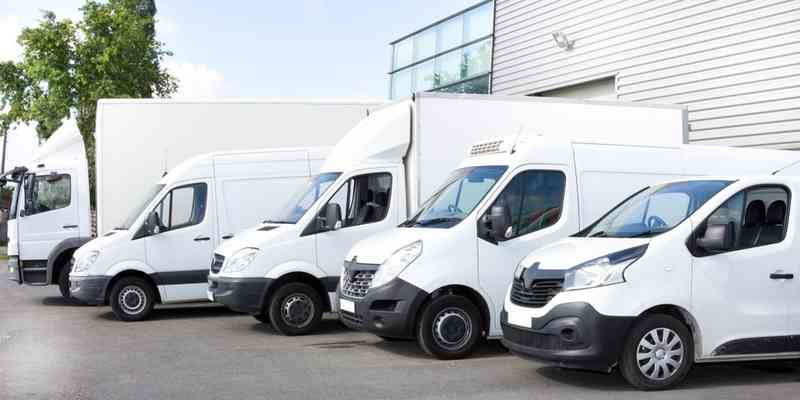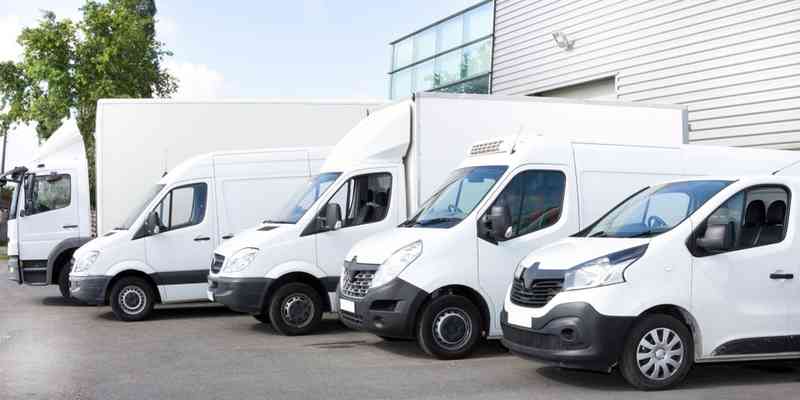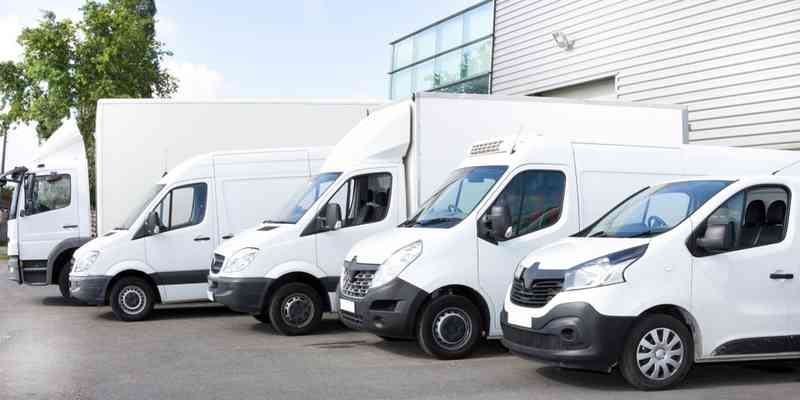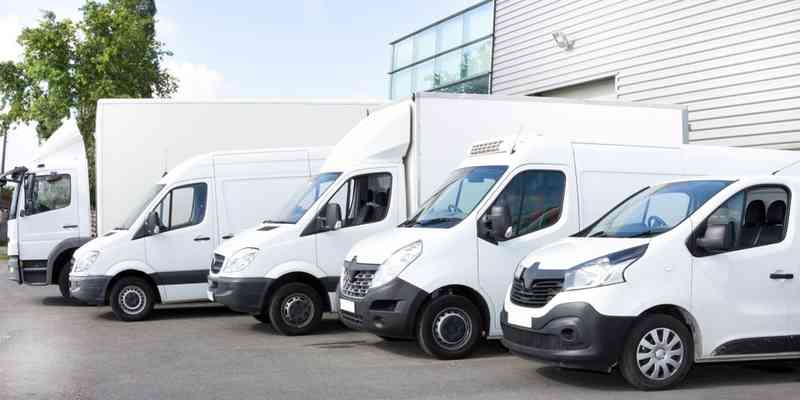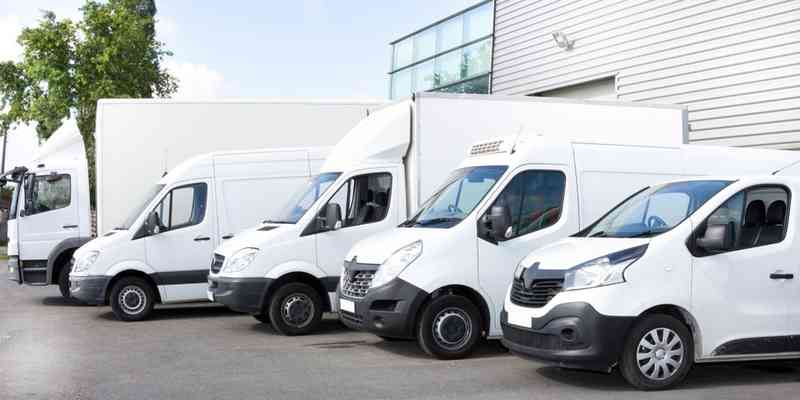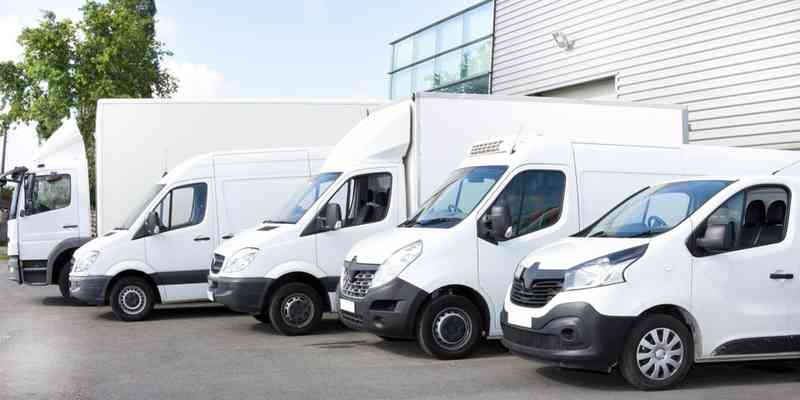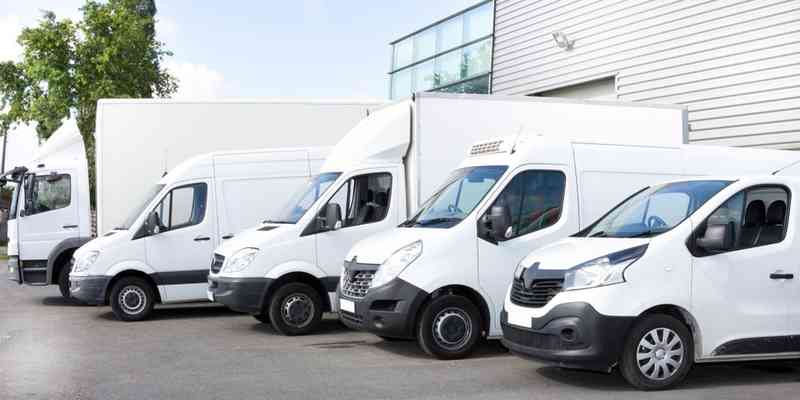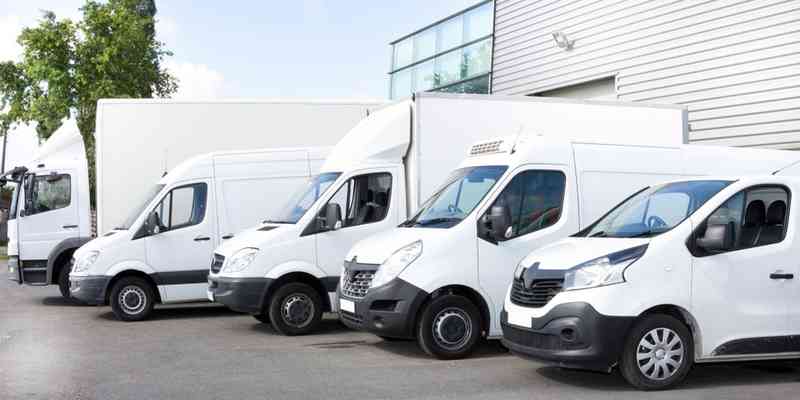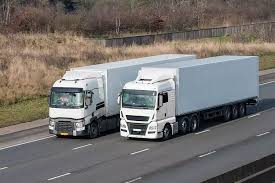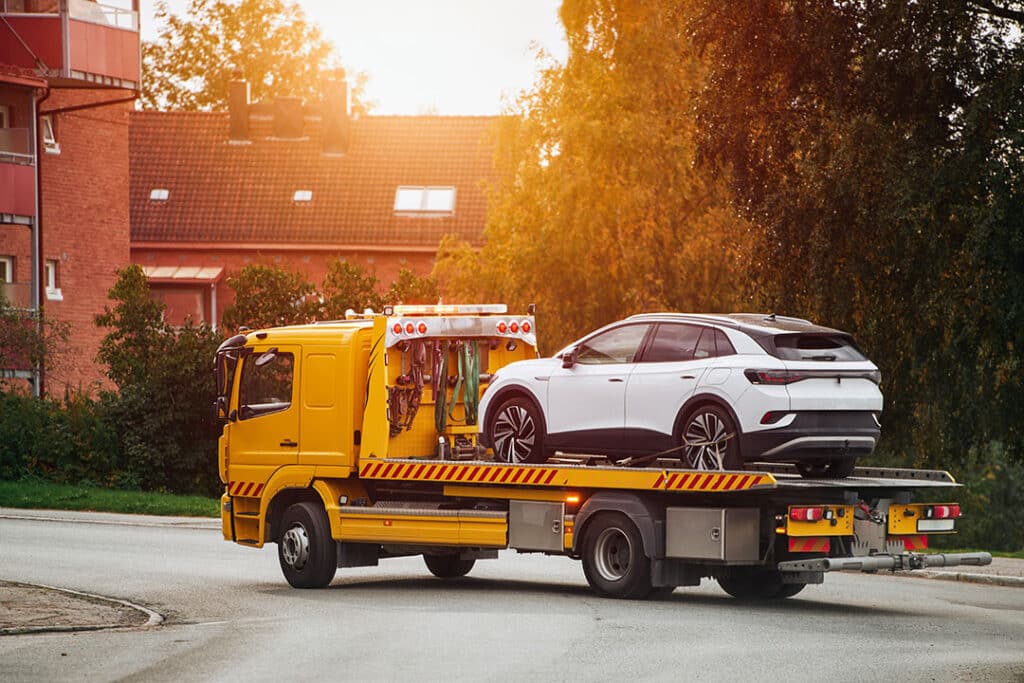Construction Company Vehicle Insurance: Site and Road Protection
Construction companies face unique challenges when it comes to vehicle insurance. Unlike standard commercial vehicles that primarily operate on public roads, construction vehicles must navigate both construction sites and public highways, each presenting distinct risks and insurance requirements. Understanding these dual environments is crucial for securing comprehensive coverage that protects your business, employees, and assets.
The Dual Nature of Construction Vehicle Operations
Construction vehicles operate in two fundamentally different environments, each requiring specific insurance considerations:
On-Site Operations:
- Uneven terrain and hazardous conditions
- Heavy machinery interaction
- Material handling and transportation
- Worker safety considerations
- Site-specific risks and exposures
Road Operations:
- Public highway compliance
- Third-party liability exposure
- Traffic-related incidents
- Transportation between sites
- Regulatory requirements
Key Vehicle Types Requiring Specialized Coverage
Heavy Construction Vehicles
- Excavators and Diggers: Mobile earthmoving equipment requiring coverage for hydraulic systems, attachments, and operational risks
- Bulldozers and Graders: Large machinery needing protection against mechanical breakdown and third-party damage
- Dump Trucks: Vehicles requiring coverage for cargo liability and tipping mechanism protection
Commercial Construction Vehicles
- Pickup Trucks and Vans: Essential for transporting tools, materials, and personnel
- Flatbed Trucks: Specialized vehicles for equipment and material transportation
- Crane Trucks: Mobile lifting equipment requiring comprehensive coverage for operational risks
Specialized Equipment Vehicles
- Concrete Mixers: Vehicles with specialized equipment requiring coverage for mechanical systems
- Utility Vehicles: Site-specific transportation requiring protection against operational hazards
- Tool Trucks: Mobile workshops needing coverage for tools and equipment
Essential Coverage Components
Comprehensive Vehicle Protection
Physical Damage Coverage:
- Collision protection for both on-site and road incidents
- Comprehensive coverage for theft, vandalism, and weather damage
- Equipment and attachment protection
- Mechanical breakdown coverage
Liability Protection:
- Third-party bodily injury and property damage
- Public liability for site operations
- Product liability for construction work
- Professional indemnity for specialized services
Site-Specific Protections
Operational Coverage:
- Coverage for vehicles operating in hazardous site conditions
- Protection against damage from construction activities
- Coverage for interaction with other heavy machinery
- Site access and egress protection
Environmental Considerations:
- Pollution liability coverage
- Environmental cleanup costs
- Contamination protection
- Regulatory compliance coverage
Road Operation Requirements
Public Highway Compliance:
- Mandatory third-party liability coverage
- Uninsured motorist protection
- Road traffic accident coverage
- Emergency response coverage
Transportation Risks:
- Cargo and load protection
- Securing and loading liability
- Route-specific coverage
- Multi-site operation protection
Industry-Specific Risk Factors
Construction Site Hazards
Ground Conditions:
- Uneven and unstable surfaces
- Excavation and trenching risks
- Soft ground and mud conditions
- Slope and elevation challenges
Environmental Factors:
- Weather-related operational risks
- Seasonal construction challenges
- Dust and debris exposure
- Chemical and material hazards
Operational Challenges
Heavy Machinery Interaction:
- Multiple vehicle coordination
- Blind spot and visibility issues
- Loading and unloading risks
- Equipment interference
Worker Safety Considerations:
- Pedestrian and worker protection
- Site access and egress safety
- Emergency evacuation procedures
- Communication and signaling systems
Coverage Enhancements and Add-Ons
Equipment and Tool Protection
Attached Equipment Coverage:
- Hydraulic systems and attachments
- Specialized tools and implements
- Modification and customization protection
- Replacement cost coverage
Portable Equipment:
- Tools and equipment stored in vehicles
- Theft and damage protection
- Off-site storage coverage
- Personal effects protection
Business Interruption Protection
Operational Continuity:
- Loss of use coverage for essential vehicles
- Rental and replacement vehicle costs
- Project delay protection
- Contract completion coverage
Revenue Protection:
- Business interruption coverage
- Extra expense protection
- Expediting expense coverage
- Soft costs protection
Regulatory Compliance and Legal Requirements
Construction Industry Regulations
Health and Safety Compliance:
- Construction (Design and Management) Regulations
- Work at Height Regulations
- Personal Protective Equipment requirements
- Risk assessment and method statements
Environmental Regulations:
- Environmental Protection Act compliance
- Waste management regulations
- Pollution prevention requirements
- Site restoration obligations
Vehicle-Specific Requirements
Road Traffic Compliance:
- Vehicle licensing and registration
- Driver qualification requirements
- Vehicle inspection and maintenance
- Load securing and transportation rules
Insurance Requirements:
- Minimum coverage levels
- Certificate of insurance requirements
- Contractor insurance obligations
- Client insurance specifications
Claims Management and Risk Mitigation
Proactive Risk Management
Driver Training and Certification:
- Construction vehicle operation training
- Site safety awareness programs
- Defensive driving courses
- Equipment-specific certification
Vehicle Maintenance Programs:
- Regular inspection schedules
- Preventive maintenance protocols
- Safety equipment checks
- Documentation and record keeping
Incident Response Procedures
On-Site Incident Management:
- Emergency response protocols
- Incident reporting procedures
- Site safety coordination
- Investigation and documentation
Claims Processing:
- Immediate notification requirements
- Evidence preservation
- Witness statement collection
- Professional claims handling
Cost Considerations and Premium Factors
Premium Influencing Factors
Vehicle-Related Factors:
- Vehicle type and value
- Age and condition
- Modification and customization
- Usage and exposure
Operational Factors:
- Site types and locations
- Project duration and complexity
- Driver experience and training
- Safety record and claims history
Cost Management Strategies
Risk Reduction Measures:
- Comprehensive safety programs
- Driver training and certification
- Vehicle maintenance protocols
- Site safety improvements
Coverage Optimization:
- Appropriate deductible levels
- Coverage limit optimization
- Policy bundling opportunities
- Regular coverage reviews
Choosing the Right Insurance Partner
Specialist Insurance Providers
Construction Industry Expertise:
- Understanding of construction risks
- Specialized coverage options
- Industry-specific claims handling
- Regulatory compliance knowledge
Service Capabilities:
- Risk assessment and management
- Claims handling expertise
- Emergency response services
- Ongoing support and advice
Policy Features to Consider
Coverage Flexibility:
- Adaptable coverage options
- Project-specific modifications
- Seasonal adjustment capabilities
- Multi-site operation support
Claims Service:
- 24/7 claims reporting
- Specialist claims handlers
- Rapid response capabilities
- Repair network access
Conclusion
Construction company vehicle insurance requires a comprehensive approach that addresses both site and road protection needs. The unique challenges of operating in construction environments demand specialized coverage that goes beyond standard commercial vehicle insurance.
By understanding the dual nature of construction vehicle operations and implementing appropriate coverage strategies, construction companies can protect their assets, ensure regulatory compliance, and maintain operational continuity. Working with specialist insurance providers who understand the construction industry ensures access to tailored coverage options and expert claims handling.
The investment in comprehensive construction vehicle insurance is essential for protecting your business against the significant risks associated with construction operations. Regular policy reviews and proactive risk management ensure that your coverage remains adequate as your business grows and evolves.
For expert advice on construction company vehicle insurance and comprehensive coverage solutions, contact Insure24 at 0330 127 2333 or visit www.insure24.co.uk to discuss your specific requirements with our specialist team.


 0330 127 2333
0330 127 2333
